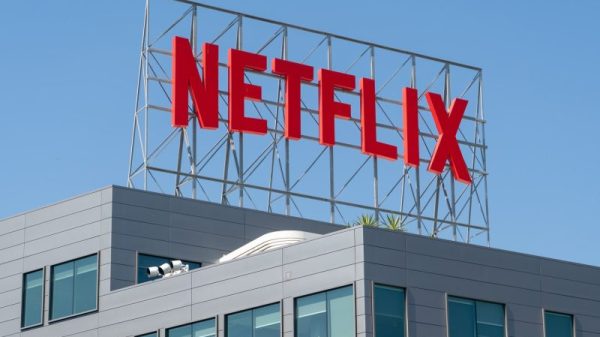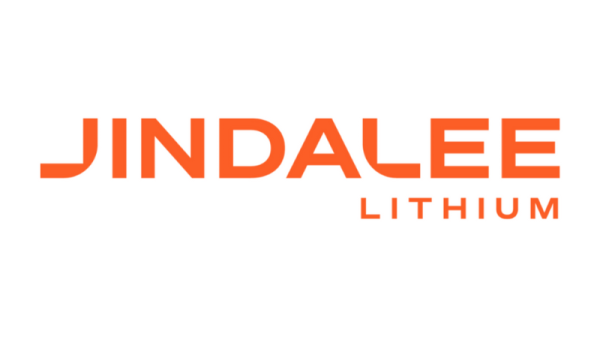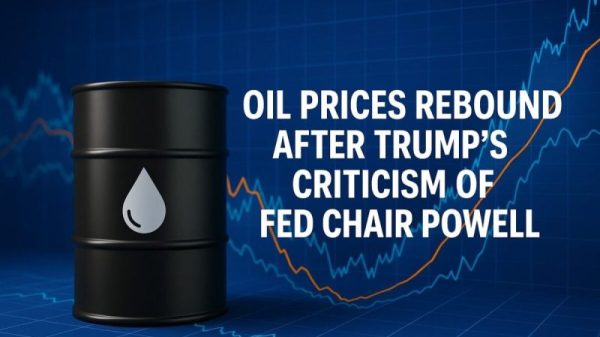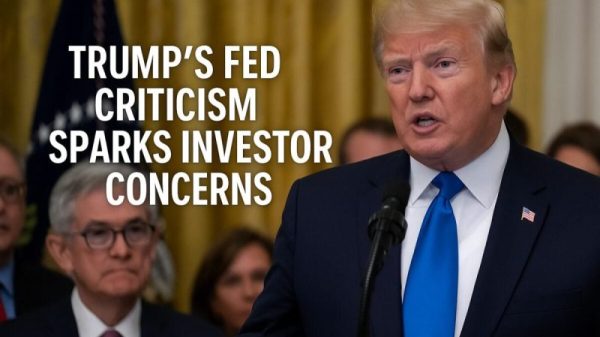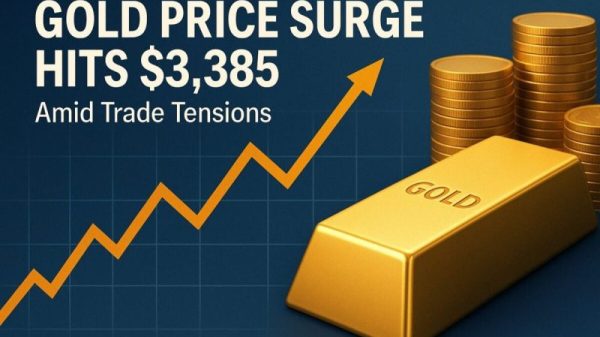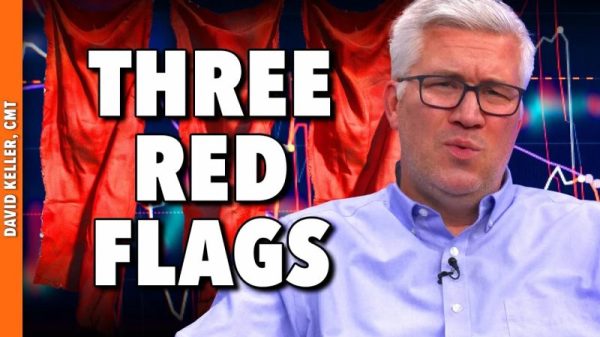In an escalation of his administration’s industrial and national security agenda, US President Donald Trump has signed an executive order directing the secretary of commerce to initiate a formal investigation into whether US reliance on imported processed critical minerals and their derivative products is a threat to national security.
The directive invokes Section 232 of the Trade Expansion Act of 1962, the same legal authority previously used to impose sweeping tariffs on steel and aluminum imports during Trump’s first term.
“Critical minerals, including rare earth elements, are essential for national security and economic resilience,” the White House states in a fact sheet released shortly after the order’s signing.
“Processed critical minerals and their derivative products are key building blocks of our defense industrial base and integral to applications such as jet engines, missile guidance systems, advanced computing, radar systems, advanced optics, and secure communications equipment,” the April 15 document also notes.
The executive order tasks the Department of Commerce with investigating the national security implications of US imports of critical minerals — such as tungsten, gallium and rare earth metals — and the manufactured goods that incorporate them, including semiconductors, electric vehicle components and high-performance magnets.
A report, due within 180 days, is expected to evaluate global supply chain vulnerabilities, market manipulation practices by foreign producers and the broader economic impact of import dependence.
The China factor
The executive action from the Trump administration arrives against the backdrop of escalating tensions with China, which has recently weaponized its dominance in the global critical minerals market once again.
In the past several months, China has imposed sweeping export controls on materials such as gallium, germanium, antimony and most recently, six heavy rare earth metals and rare earth magnets.
In early April, China implemented tighter export controls on samarium, gadolinium, terbium, dysprosium, lutetium, scandium and yttrium, key materials for electronics and defense manufacturing. These moves have significantly disrupted supply chains for sectors ranging from aerospace to automotive manufacturing.
The White House has characterized these actions as a form of “economic coercion,” warning that adversarial nations are leveraging control over mineral processing to manipulate prices and exert geopolitical influence.
“Foreign producers have engaged in price manipulation, overcapacity, and arbitrary export restrictions,” the fact sheet further notes, asserting that such tactics pose a serious national security risk to the US economy and defense.
A coordinated policy push
Trump’s latest order on critical minerals is part of a broader effort to reorient US trade and industrial policy around the principles of security, reciprocity and domestic production.
Since returning to office, Trump has reinvigorated his “America First” economic strategy by imposing a sweeping 10 percent blanket tariff on all countries, implementing targeted higher tariffs on nations with which the US runs significant trade deficits and launching multiple Section 232 investigations.
As part of this campaign, tariffs on Chinese goods have surged to as high as 245 percent, reflecting not only trade imbalances, but also punitive measures for China’s retaliatory tariffs and its role in the fentanyl crisis.
The American administration has also revived the original 25 percent tariff on steel and aluminum, closing loopholes and exemptions that had eroded its effectiveness.
In launching the latest investigation, the president emphasized the urgency of creating a domestic ecosystem capable of meeting demand for both raw materials and the high-tech goods they enable.
The executive order has received an immediate and favorable response from industry stakeholders.
For instance, American Tungsten (CSE:TUNG,OTCQB:DEMRF), a Canada-based company developing the IMA mine project in Idaho, issued a statement praising the White House’s action.
Ali Haji, CEO of American Tungsten, called the order a welcome development.
“We continue to be encouraged by the US Administration’s focus on developing the country’s critical metals capabilities and its endorsement of the sector,” he said in a company press release.
“As the Government continues to awaken to the potentials of its own domestic production capabilities, the American Tungsten team will continue to advance our past-producing tungsten project, the IMA Mine,” Haji added.
The company is an active member of the US Defense Industrial Base Consortium, and has engaged with the Department of Defense on potential partnerships aimed at revitalizing American mining and refining capacity.
Under the timeline outlined in the executive order, the Department of Commerce must produce a draft interim report within 90 days for interagency review. The final report, which will contain recommendations for possible actions — including the imposition of tariffs, import restrictions or incentives for domestic production — is due within six months.
Securities Disclosure: I, Giann Liguid, hold no direct investment interest in any company mentioned in this article.



